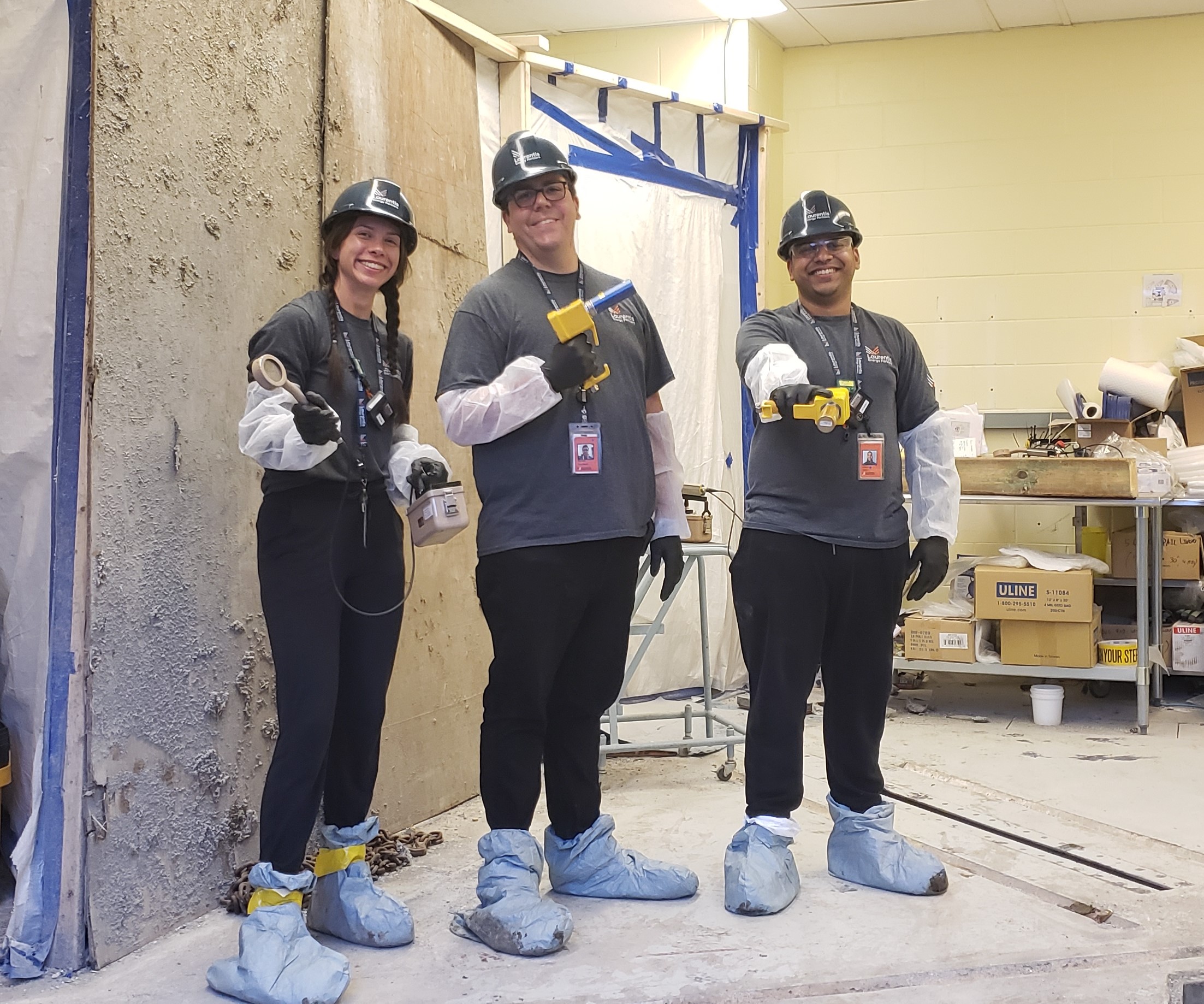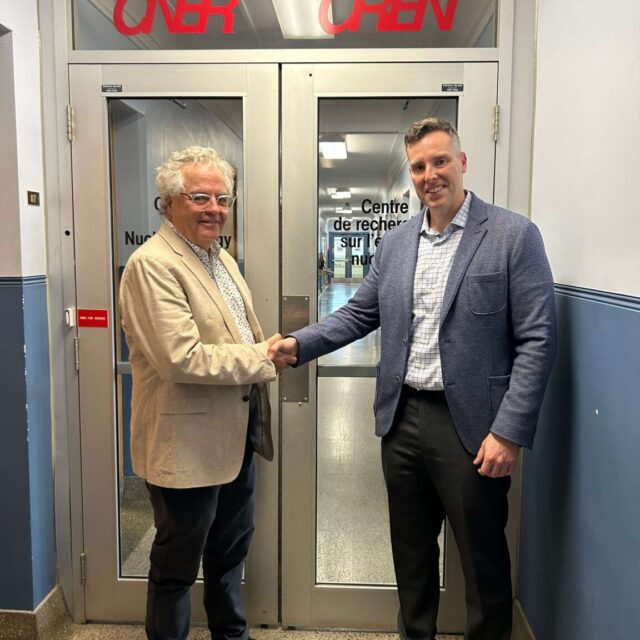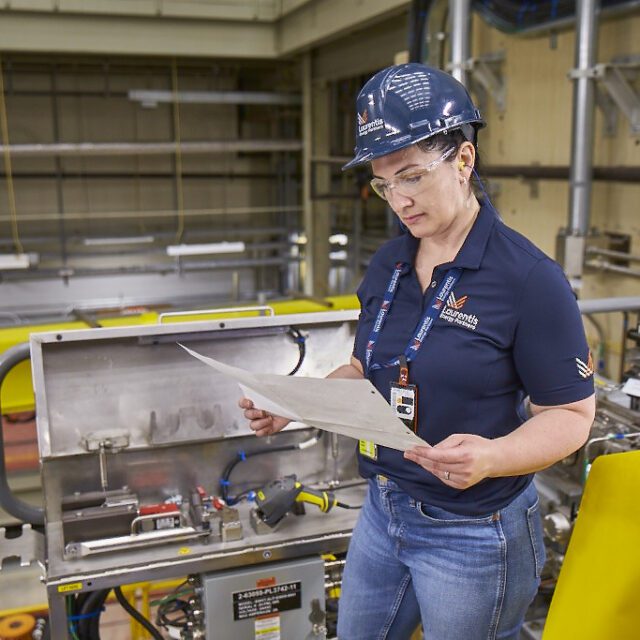From powerhouse to legacy: Laurentis partners in the successful decommissioning of a Class II cyclotron at the McMaster University Medical Centre

In a time where environmental sustainability is a paramount concern, Laurentis continues to solidify its position as a leader in nuclear science and safety by partnering in the decommissioning of a Class II RDS-112 Cyclotron located at the McMaster University Medical Centre (MUMC).
The Class II cyclotron, housed in a research facility at MUMC in Hamilton, Ontario and owned by the Centre for Probe Development and Commercialization (CPDC), had served as a cornerstone of scientific exploration and innovation for decades. It produced short-lived positron-emitting isotopes such as Fluorine-18, which is used for diagnostic imaging and research purposes, like the development of novel molecular imaging agents.
Having reached the end of its operational lifespan, the cyclotron was taken out of service in 2018. A technical assessment performed by McMaster Health Physics in 2019 determined that due to the decay time of the shorter-lived radioisotopes that were present, much of the decommissioning waste could be confirmed to be non-radiological.
"The decision to decommission the RDS-112 cyclotron was made after a newer and more reliable cyclotron was commissioned at the McMaster University Cyclotron Facility," said Josip Zic, Health Physics Director at McMaster University. "The dismantlement and licensed decommissioning of the Class II cyclotron is the first of its kind in Canada."
As a company that prides itself on its ability to innovate to create bespoke solutions for its customers, Laurentis was up for the challenge and met it with great success. Through a contract with GEN-PRO, Laurentis provided radiation protection and nuclear by-product sorting and classification services to assist Lanmar Environmental Solutions in safely dismantling the cyclotron over a six-week period. Representative samples of all waste streams were provided to McMaster Health Physics for analysis and quantification of any radioactive material that could still be present.
"The Class II cyclotron decommissioning is a symbol of excellence in nuclear science and safety, driven by Laurentis's innovative radiological protection methods and uniquely skilled Power Workers' Union staff," said Chris Horne, Director of Operations at Laurentis Energy Partners. "With the goal of waste minimization, the dedicated team provided radiation protection oversight and the expertise needed to sort and segregate radioactive nuclear by-products from clean materials. It involved meticulous planning, precise demolition, ingenious maneuvering of radioactive material, and detailed surveys and analysis to ensure regulatory standards were met throughout the entire decommissioning process."
This project builds on Laurentis and McMaster's important relationship which first began in 2020 with a research initiative focused on advancing nuclear energy innovations and supporting environmental solutions across the nuclear industry. That project, known as the Clean Energy Materials Sorting and Recycling Facility (CMSR), has made significant strides over the last three years that include the implementation of new techniques to sort and process low-level nuclear byproducts, as well as successfully obtaining Laurentis's first Nuclear Substance Radiation Devices licence from the Canadian Nuclear Safety Commission (CNSC).


